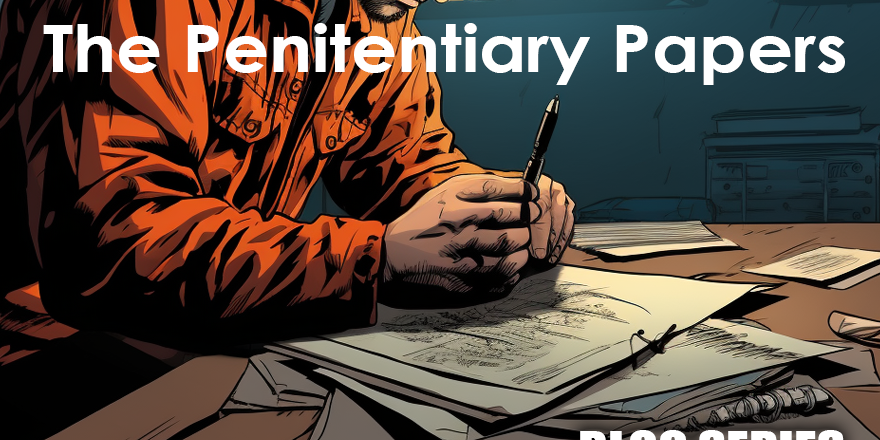Unveiling the Depths: Decision-Making in Mental Illness
In the realm of psychiatric disorders, a shared characteristic among patients is their inclination toward poor decision-making, intricately linked to unfavorable real-life outcomes. This deficiency in reward-sensitive avoidance learning and temporal discounting has been documented in cases of depression. Beyond abnormalities in hedonic capacity, individuals with bipolar disorder and schizophrenia exhibit cognitive distortions crucial for the flexible control of behavior. This article introduces a conceptual framework addressing abnormal decision-making in mental illness, with the potential to guide targeted interventions for enhanced quality of life and clinical outcomes.
Journal Reference: The Journal of Neuropsychiatry + Neuroscience, 2014, authored by Ricardo Caceda, MD, PhD; Charles B. Nemeroff, MD, PhD; Philip D. Harvey, PhD.
Now, let’s step away from the clinical jargon and dive into a more personal perspective. How can a bunch of doctors with fancy degrees truly understand the struggles of an individual like you? This was a sentiment echoed not too long ago, questioning the credibility of those attempting to dissect the complexities of one’s mind.
Many live their lives without truly comprehending the reflection in the mirror. For those who embark on the journey of self-discovery, the process often involves epiphanies or profound soul-searching. In my case, this self-awareness unfolded during years spent in solitary confinement, where the echoes of my thoughts became the only company.
Contrary to the belief that doctors can’t understand without walking in one’s shoes, I found that recognizing the traumas in my life was only part one. The subsequent steps involved finding healthy coping mechanisms and eliminating triggers hindering mental health, akin to cutting away a cancerous growth. However, despite advancements in laws and policies regarding solitary confinement, managing mental stability has become more challenging than ever.
Join me in this exploration of decision-making amidst mental illness, where personal narratives intersect with clinical insights, shedding light on a journey toward understanding, coping, and ultimately, reclaiming mental health.
![]()








